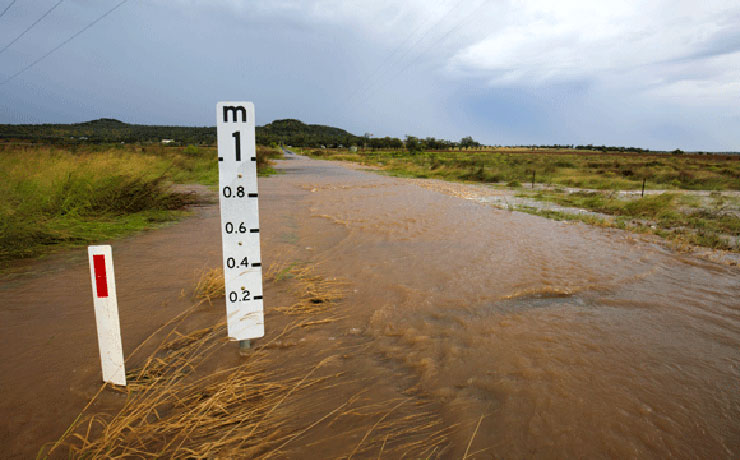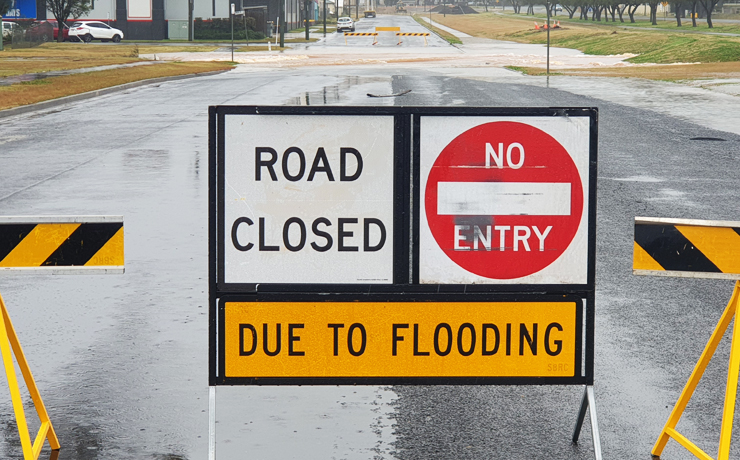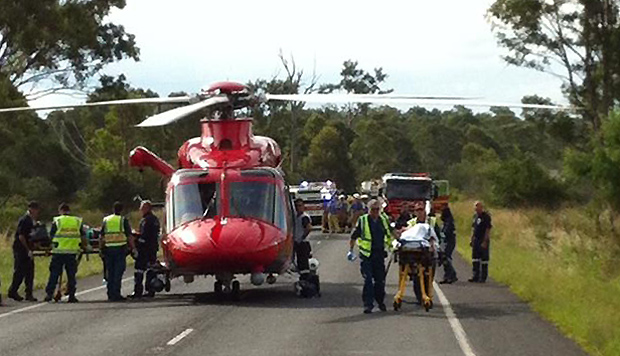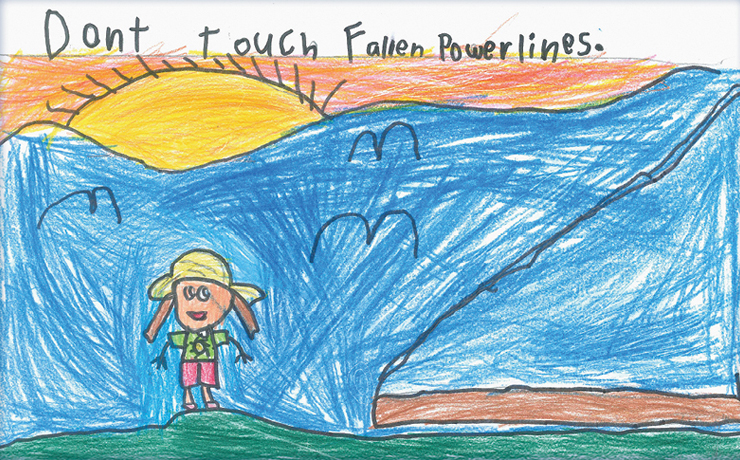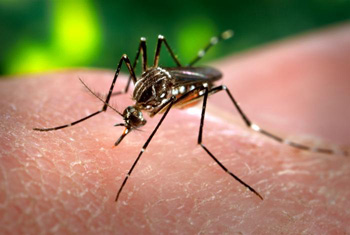
February 2, 2016
A mosquito which has been found in the South Burnett is capable of transmitting the Zika virus but experts say there is no need for Australians to panic.
Only two cases of the virus have been detected so far in Australia this year, both in travellers returning to Sydney from overseas.
Six people across Australia tested positive in 2015, 12 in 2014 and just one in 2013 and 2012.
All of these were also travellers who had returned from infected areas, so there is no evidence Aussie mozzies are spreading the disease.
|
Zika is not contagious via casual contact but cases of sexual transmission have been reported in the United States.
It is usually harmless to people who get infected; 80 per cent of cases have few, if any, symptoms.
However, a possible risk to pregnant women has been identified.
Experts suspect Zika is responsible for a cluster of cases of microcephaly (underdeveloped brains) in new-born babies in Latin America and French Polynesia, both places where the virus is common.
The World Health Organisation is taking no chances, declaring Zika a global public health emergency on Monday.
And the Federal Government’s Smart Traveller website has warned pregnant women, or those planning to conceive, to reconsider plans to visit affected countries.
Sydney University medical entomologist Dr Cameron Webb told Fairfax newspapers on Tuesday that if Zika did arrive in Australia, the mosquito Aedes aegypti would play the most important role in transmission of the illness.
A. aegypti is the main transmitter of Zika in other countries. In Queensland, it has been blamed for the spread of dengue fever, Ross River virus and Barmah Forest virus.
For Zika to enter the Australian mosquito population, it would require an A. aegypti mosquito to feed on an infected person.
Health Minister Cameron Dick told reporters on Monday that monitoring was under way in the Torres Strait to ensure that if Zika arrived it would be detected early.
However, A. aegypti has caused concerns in the past much further south in Queensland.
In August 2010, A. aegypti was detected in 10 locations around Goomeri which prompted a quick response from Queensland Health and Gympie Regional Council to treat potential breeding sites.
And in 2013, a routine survey conducted by Queensland Health and the South Burnett Regional Council detected A. aegypti in Wondai and Murgon.
* * *
Ways to reduce mosquitoes around your home:
- Inspect your house and yard and remove any pools and containers of water;
- Empty pot plant bases weekly or fill the base with sand to absorb water;
- Wash out bromeliads and other water-holding plants weekly;
- Clean out roof gutters regularly and trim back trees which can block gutters;
- Ensure rainwater tanks are screened;
- Maintain swimming pools;
- Wash out birdbaths and ornamental pools weekly; and
- Ensure ponds are stocked with suitable native fish.
What you can do to protect yourself:
- Screen all windows and doors to prevent mosquitoes coming inside;
- While outside wear long sleeved, loose-fitting clothing;
- Use insect repellent;
- If you live in an unscreened house or are camping, sleep under a mosquito net;
- Air-conditioning, fans and mosquito coils are also effective in protecting you from mosquitoes;
- Drains or depressions: Maintain drains to allow for water flow and fill in any depressions to prevent water ponding;
- Swimming pools: Keep chlorinated and regularly operate the pool pump.












